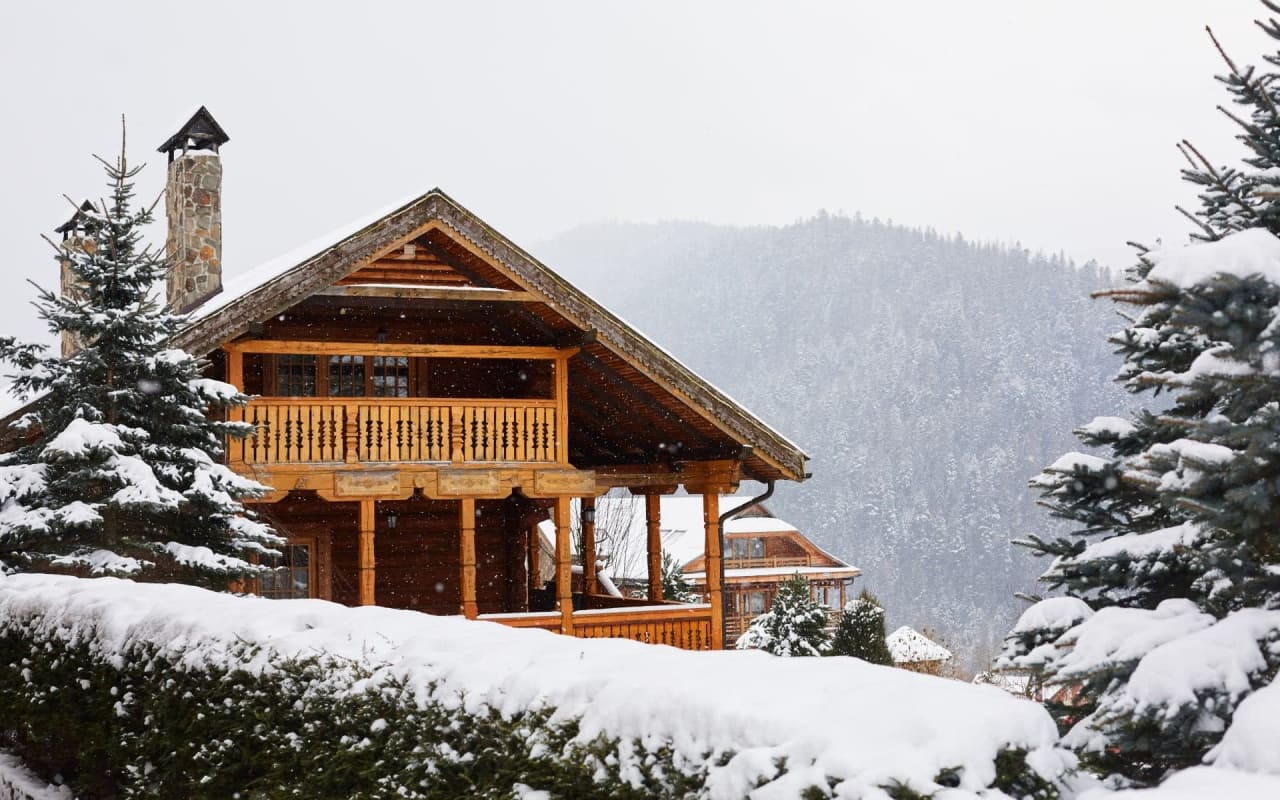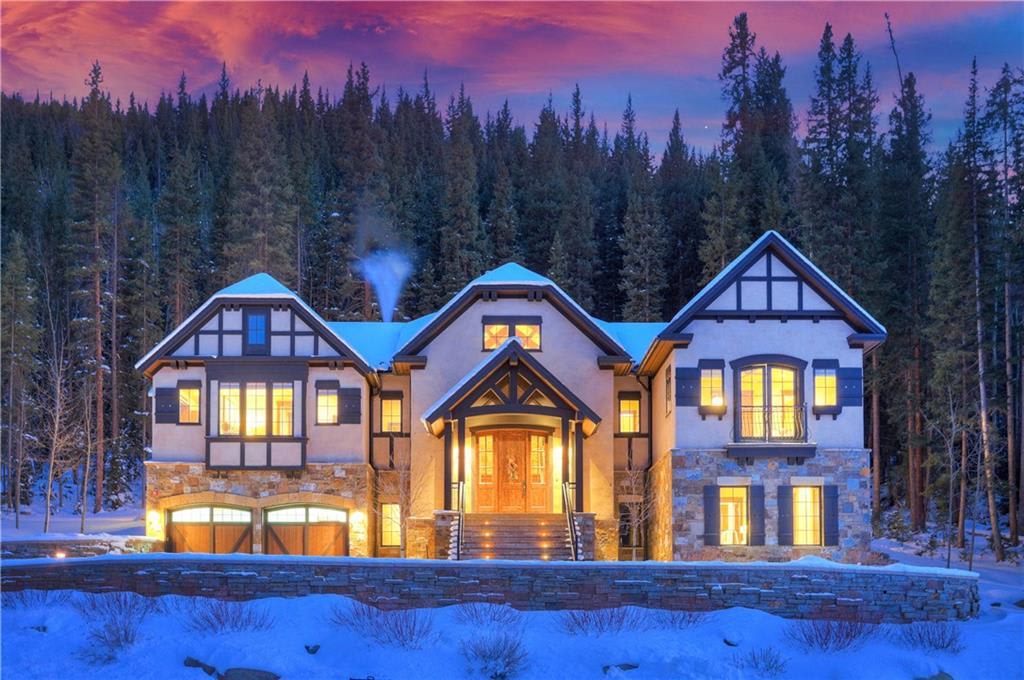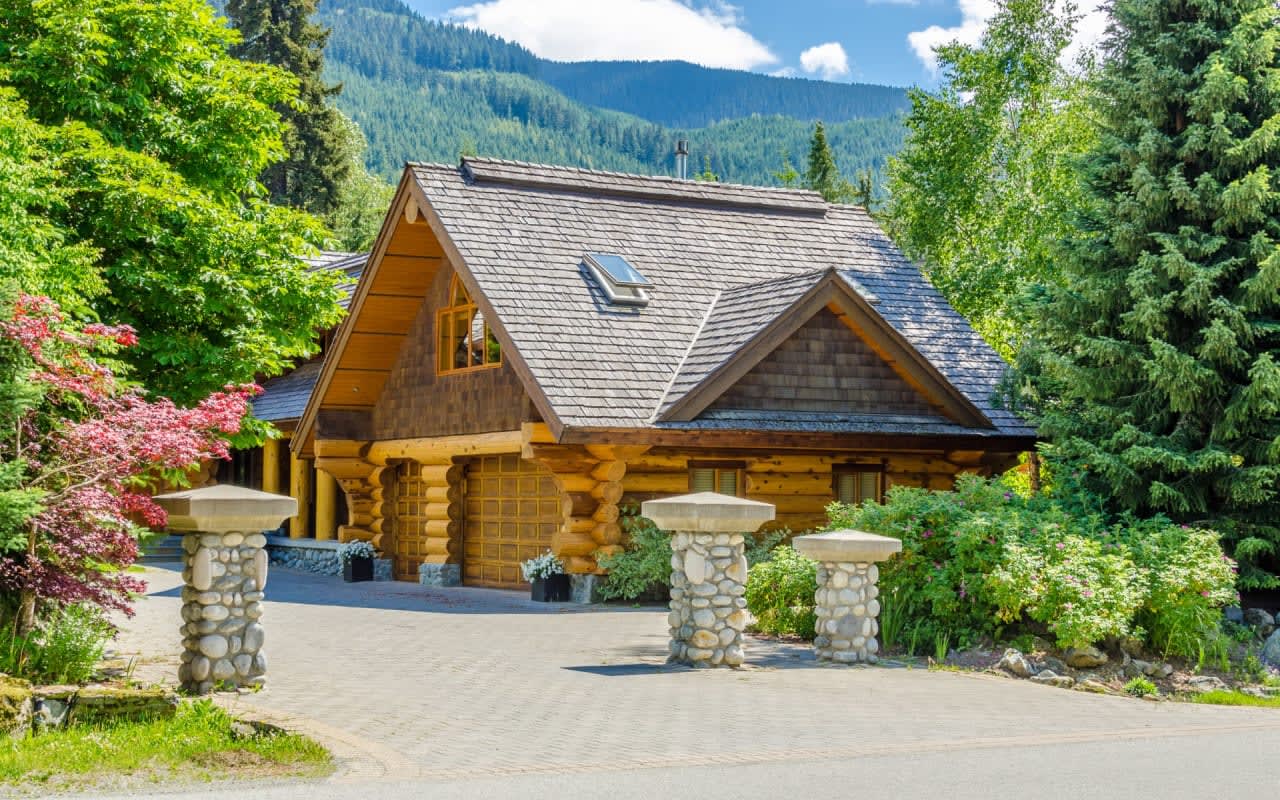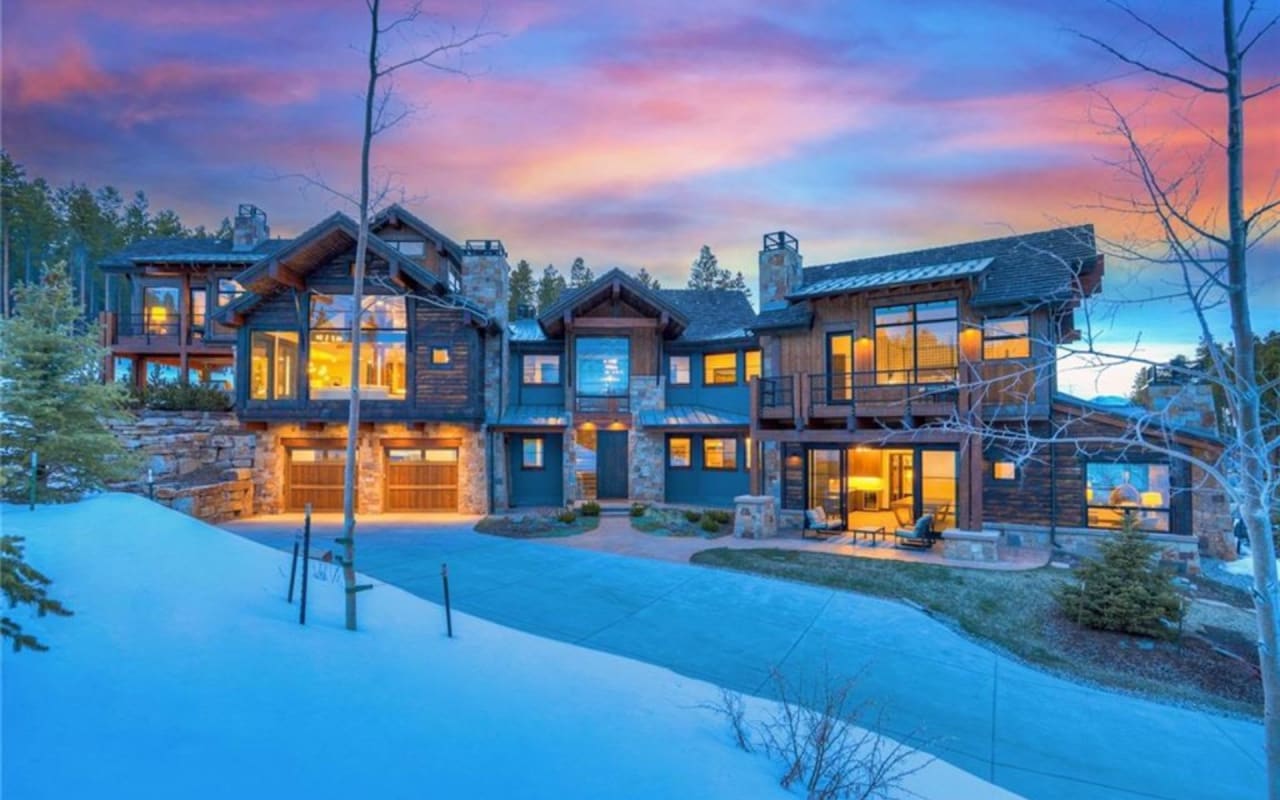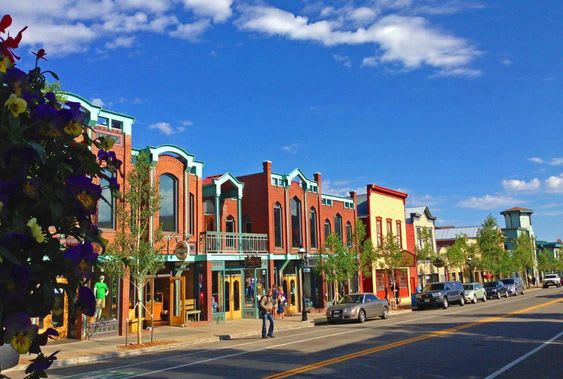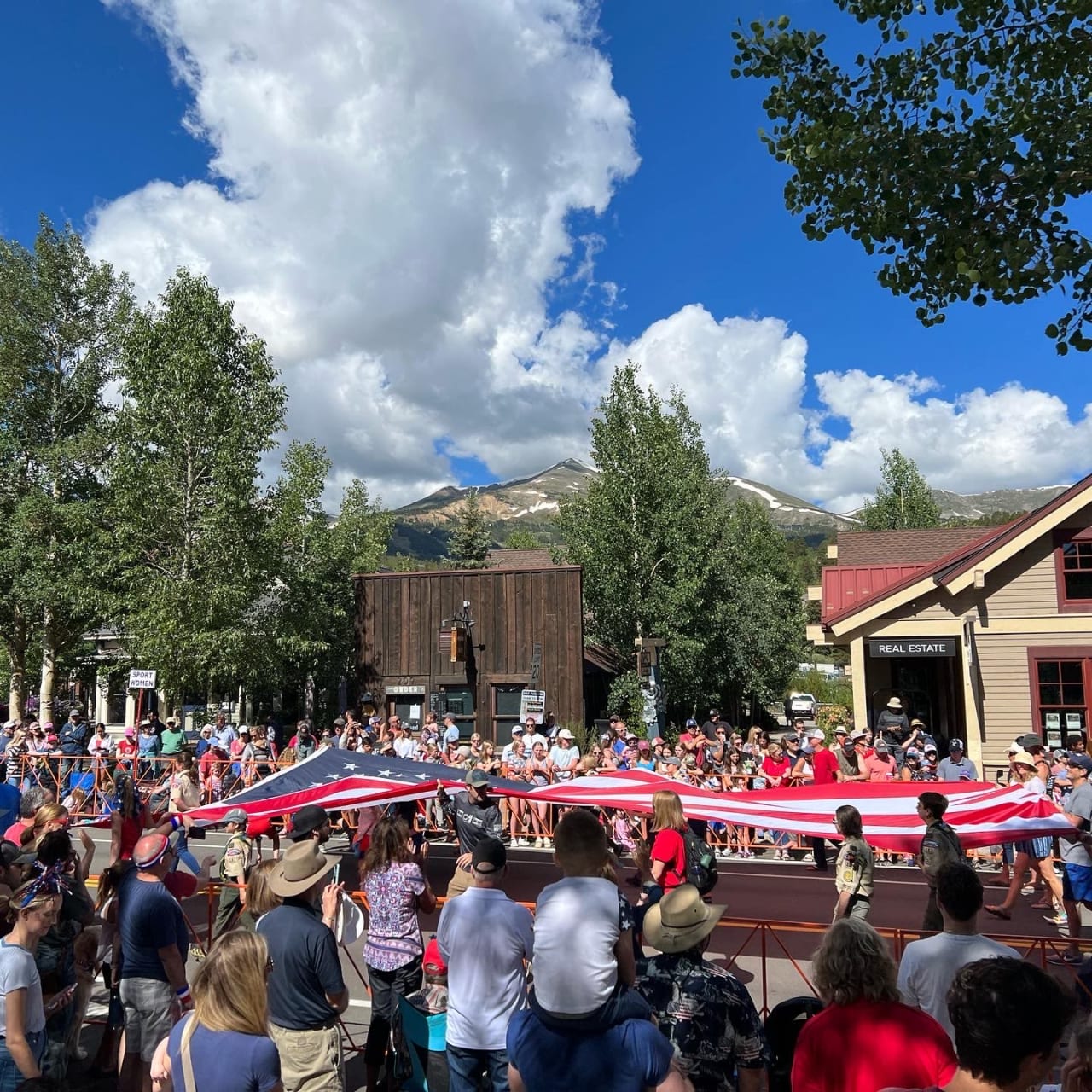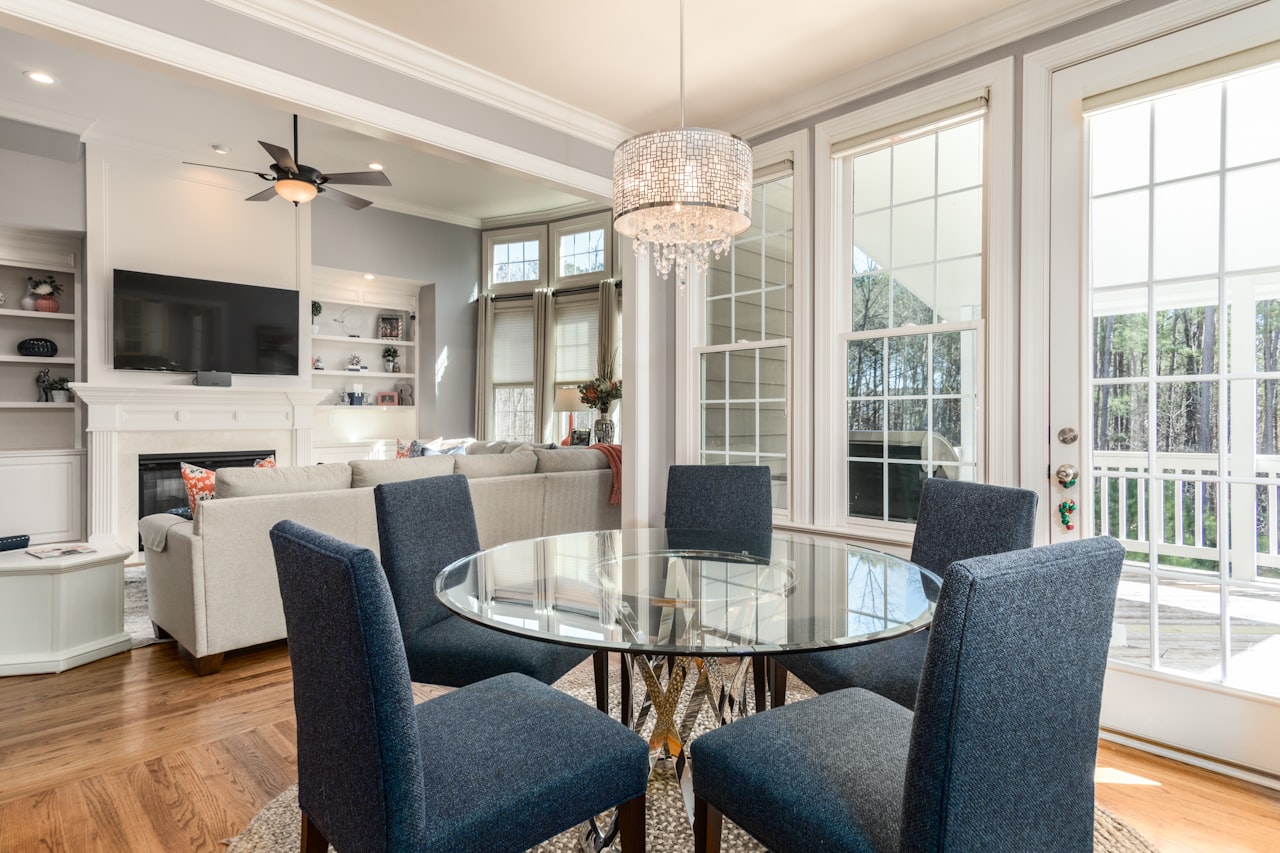Owning a home is a significant milestone in life, symbolizing a new stage in life and a place to create cherished memories. Along with the joys of homeownership come responsibilities, including safeguarding your investment against unforeseen circumstances. Homeowners insurance is a crucial tool in this regard, providing financial protection and peace of mind. This beginner's guide will delve into the essentials of homeowners insurance, exploring what it covers and why it's essential for every homeowner.
Understanding Homeowners Insurance
Homeowners insurance is a type of property insurance designed to protect your home, personal belongings, and liability in case of damages or losses. While it's not legally required, most mortgage lenders mandate homeowners insurance to protect their investments. Even if you own your home outright, having insurance is a wise decision to shield yourself from financial burdens resulting from unexpected events.
Coverage Components
1. Dwelling Coverage
This aspect of homeowners insurance protects the structure of your home itself, including walls, roof, floors, and built-in appliances. It typically covers damages caused by fire, lightning, windstorms, hail, and vandalism. However, it's essential to review your policy carefully, as coverage may vary.
2. Personal Property Coverage
Your personal belongings, such as furniture, electronics, clothing, and appliances, are covered under this component. In case of theft, damage, or destruction due to covered perils, personal property coverage helps reimburse the cost of replacing or repairing items.
3. Liability Protection
Homeowners insurance includes liability coverage, which safeguards you against lawsuits for bodily injury or property damage caused to others while on your property. This could range from a visitor slipping and falling to your dog biting someone.
4. Additional Living Expenses (ALE)
If your home becomes uninhabitable due to covered perils, ALE helps cover temporary living expenses such as hotel bills, restaurant meals, and rental costs until your home is repaired or rebuilt.
5. Medical Payments to Others
In the unfortunate event that someone sustains injuries on your property, homeowners insurance can cover their medical expenses regardless of who is at fault. This component can help mitigate potential legal disputes and foster goodwill with neighbors and guests.
Common Exclusions
While homeowners insurance provides comprehensive coverage, certain events and circumstances may not be included in standard policies. It's crucial to be aware of these exclusions and consider additional coverage options if necessary. Some common exclusions include:
Flood Damage
Standard homeowners insurance typically doesn't cover flood damage. However, you can purchase separate flood insurance through the National Flood Insurance Program (NFIP) or private insurers.
Earthquake Damage
Similarly, earthquake damage is usually not covered under standard policies. Residents in earthquake-prone areas may need to purchase separate earthquake insurance for protection.
Wear and Tear
Normal wear and tear, gradual deterioration, and maintenance issues are not covered by homeowners insurance. It's essential to properly maintain your home to prevent avoidable damage.
High-Value Items
While personal property coverage protects most belongings, high-value items such as jewelry, artwork, and collectibles may have coverage limits. Consider adding a rider or endorsement to your policy to ensure adequate protection for these items.
Factors Affecting Coverage and Premiums
Several factors influence the cost and coverage of homeowners insurance:
Location
The geographic location of your home plays a significant role in determining insurance premiums. Factors such as weather patterns, crime rates, and proximity to emergency services can impact risk assessments.
Home Characteristics
The age, size, construction materials, and condition of your home affect insurance premiums. Older homes or those with outdated electrical, plumbing, or heating systems may be deemed riskier to insure.
Coverage Limits
The amount of coverage you choose for dwelling, personal property, and liability can impact premiums. Opting for higher coverage limits typically results in higher premiums but provides greater protection.
Deductibles
The deductible is the amount you must pay out of pocket before your insurance coverage kicks in. Choosing a higher deductible can lower premiums but increase your financial responsibility in case of a claim.
Tips for Choosing Homeowners Insurance
When selecting homeowners insurance, consider the following tips to ensure adequate coverage and value:
Shop Around
Obtain quotes from multiple insurance providers to compare coverage options, premiums, and discounts. Don't hesitate to ask questions and seek clarification on policy terms and conditions.
Review Coverage Needs
Assess your specific coverage needs based on factors such as home value, personal belongings, and potential liabilities. Customize your policy accordingly to avoid gaps in coverage.
Bundle Policies
Many insurance companies offer discounts for bundling multiple policies, such as homeowners and auto insurance. Consolidating your insurance needs with one provider can result in cost savings.
Maintain Good Credit
Insurance companies often consider credit history when determining premiums. Maintaining good credit can result in lower insurance rates, so strive to manage your finances responsibly.
Regularly Review and Update
Periodically review your homeowner's insurance policy to ensure it reflects any changes in your home, possessions, or lifestyle. Update coverage as needed to maintain adequate protection.
Ensure Your Peace of Mind
Homeowners insurance is a vital tool for protecting your home, belongings, and financial security against unforeseen events. By understanding the components, exclusions, and factors influencing coverage, you can make informed decisions to safeguard your investment and peace of mind. Remember to regularly review your policy, reassess your coverage needs, and consult with insurance professionals for personalized guidance.
Are you in the market for a new home or looking to reassess your current homeowner’s insurance coverage? Nest Seekers Colorado is here to help. Their team of experienced real estate professionals can assist you in finding your dream home and navigating the complexities of homeowners insurance. Contact them today to schedule a consultation and take the next step toward securing your future.
Are you in the market for a new home or looking to reassess your current homeowner’s insurance coverage? Nest Seekers Colorado is here to help. Their team of experienced real estate professionals can assist you in finding your dream home and navigating the complexities of homeowners insurance. Contact them today to schedule a consultation and take the next step toward securing your future.











